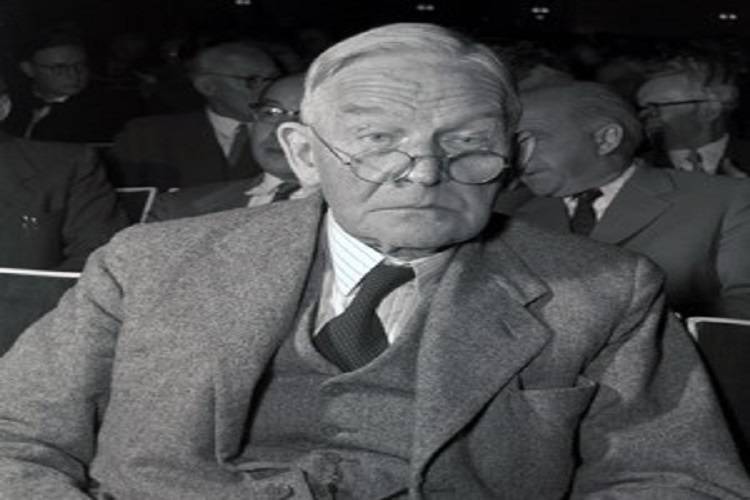Frederick Soddy (2 September 1877 – 22 September 1956) was a British chemist. Frederick Soddy was awarded the Nobel Prize in Chemistry in 1921.
Life and Career
Frederick Soddy was born on 2 September 1877, in Eastbourne, United Kingdom.
He attended Eastbourne College and later earned a scholarship to study chemistry at Merton College, Oxford. Soddy excelled in his studies at Oxford and graduated with a degree in chemistry in 1898. He continued his academic pursuits and earned a doctorate in 1903, focusing on the chemistry of radioactive materials.
Soddy’s early research was on the identification and characterization of radioactive elements, particularly radium and thorium.
He collaborated with Ernest Rutherford in Manchester, where they made groundbreaking discoveries in the field of radioactivity. Their work led to the understanding of isotopes, which was a fundamental concept in nuclear physics and chemistry.
In 1913, Soddy formulated the theory of isotopes, explaining that certain elements could have multiple forms with different atomic weights but similar chemical properties. This work revolutionized the field of chemistry.
Soddy continued his academic career and held positions at the University of Glasgow and the University of Oxford. He also contributed to the understanding of radioactive decay and the transmutation of elements.
Frederick Soddy passed away on 22 September 1956, in Brighton, Brighton and Hove, United Kingdom.
Award and Legacy
Frederick Soddy was awarded the Nobel Prize in Chemistry in 1921 for his research on radioactive decay and isotopes.
Soddy’s theory of isotopes and his contributions to the understanding of radioactivity had a profound impact on the development of nuclear science. His work paved the way for the discovery of new elements and the development of nuclear energy. Soddy’s ideas also played a crucial role in the development of the atomic bomb during World War II. He is remembered as a pioneer in the field of radiochemistry and a key figure in the early days of nuclear physics.

